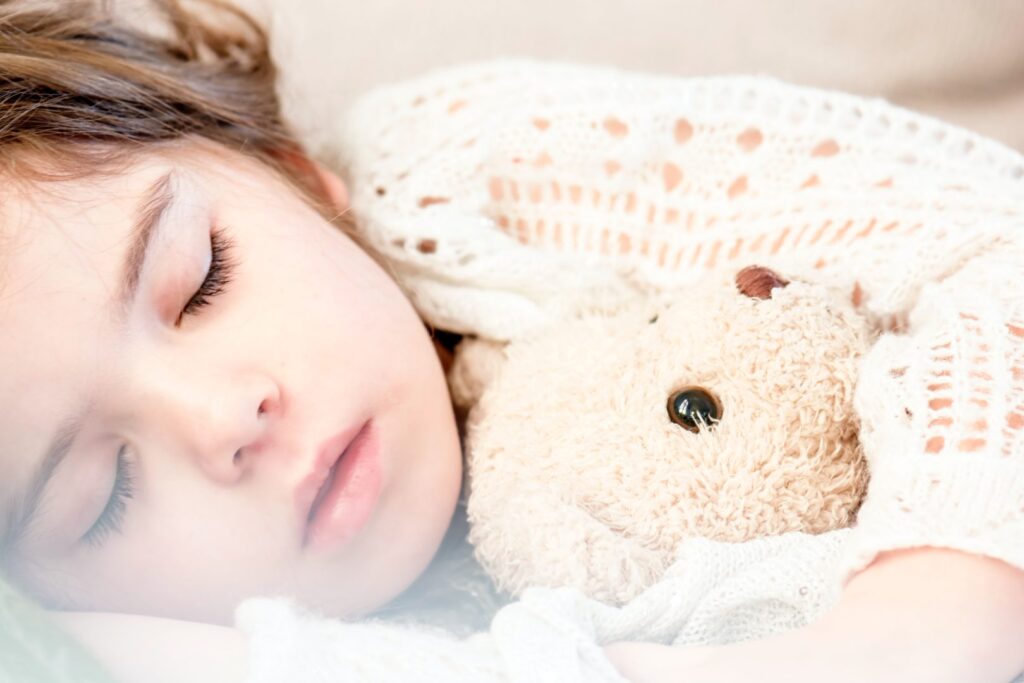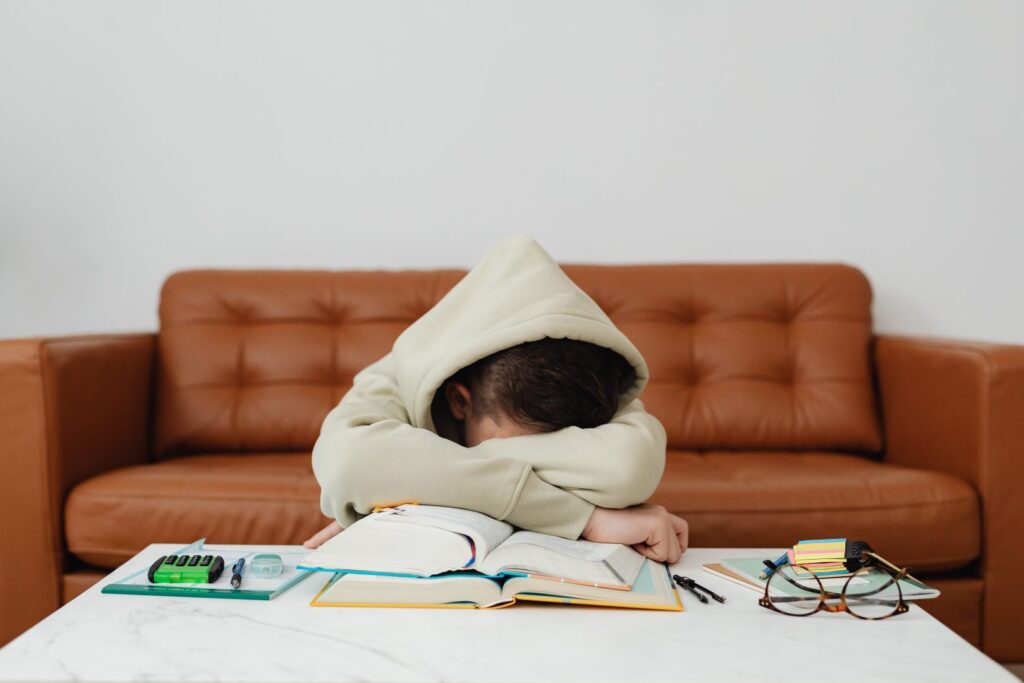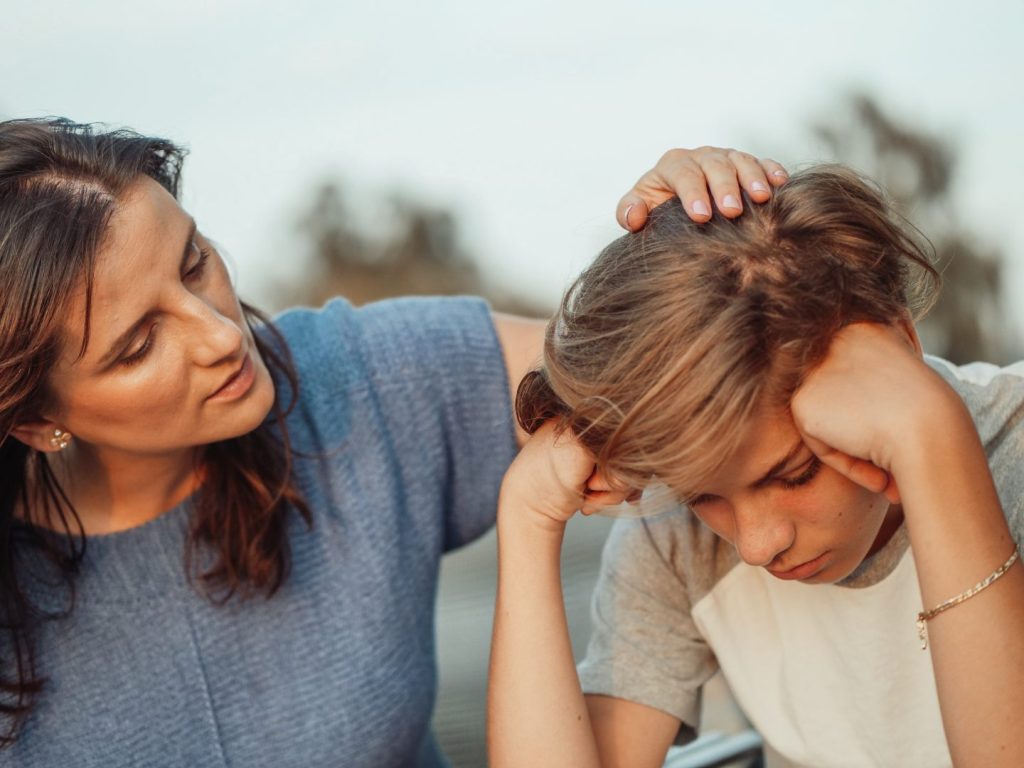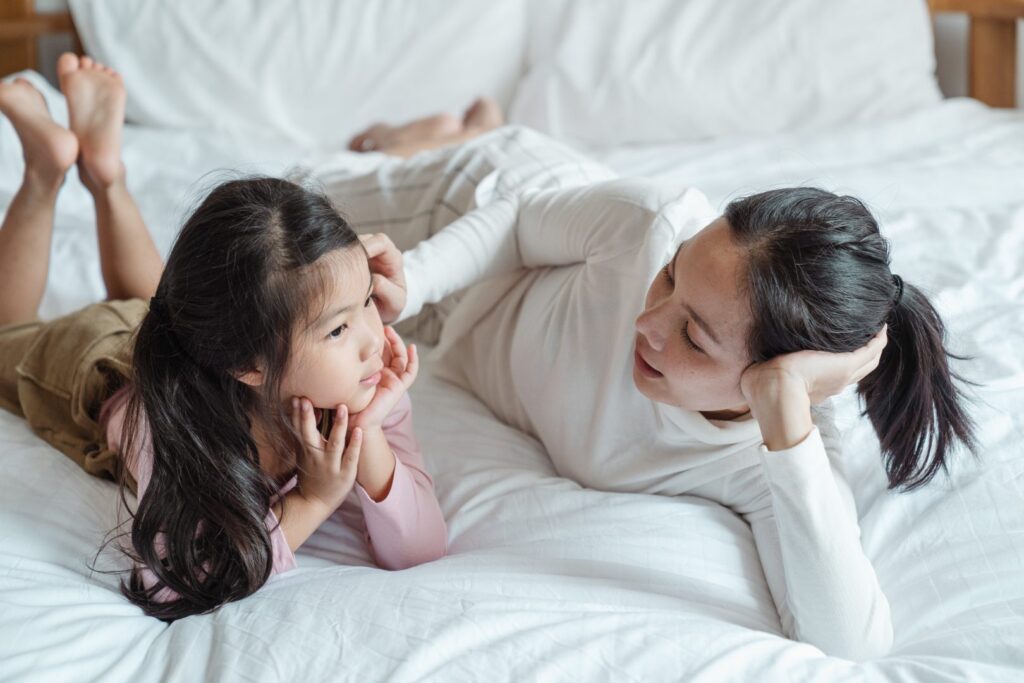Somehow social media networks have lost their primary communication purpose. Nowadays, students spend many hours on social media and often replace bedtime with scrolling for what seems an eternity on one app.
Students find it hard to fall asleep, which makes them moody and exhausted every day. So, in this article, we’ll look at the impacts of social media on students’ sleeping habits.
Connection Between Social Media and Sleep Deprivation
The blue light emitted from the screens confuses students’ brains making them think it’s still daytime. The brain doesn’t produce melatonin (or simply the sleeping hormone), and students can’t fall asleep.

Instead, the brain produces dopamine (the hormone that makes you feel good and satisfied) when staring at a screen for hours and hours, making students addicted to social media. I mean, why does it do that when staring at screens isn’t beneficial at all?
The Importance of Sleep for Students
Sleeping is a natural biological process that our body and mind need. Everybody has the urge to lie down and take a quality nap from time to time.
Healthy sleeping habits improve students’ academic performance. They are focused, concentrated, and can gallop to achieve their goals.
Statistics have shown that schoolchildren should get 8 to 12 hours of sleep every day. So, parents, tell your schoolchildren to sleep while they can, because someday they’ll grow up and have less time for rest.
Negative Impacts of Sleep Deprivation
Sleep deprivation negatively impacts students’ well-being and daily performance. When students haven’t had a good night’s rest (and they often don’t), they have slower cognitive functions and worse academic performance.
Moreover, studies have shown that sleep deprivation can cause depression. I mean, how can someone be happy and not depressed with only 3-4 hours of sleep?
Sleep deprivation can also higher the chances of students developing heart and kidney problems, obesity, high blood pressure, etc.

Can Sleep Deprivation Impact Academic Performance
Sleep deprivation causes poor academic performance in students. They don’t have energy during the day, can’t memorize and learn, lose interest in school, and some even skip classes to sleep during the day.
And statistics have backed up the claim that sleep deprivation negatively affects students’ academic performance.
Social Media and Sleep Deprivation Among Students
Social media are amazing platforms, especially for students. Scrolling on their smartphones in a dark room while lying in their cozy is a habit all students have.
Because of their exposure to emitted blue light from their screens, students have problems falling asleep. So, dear social media users, seeing what your typical social media influencer posted isn’t more important than sleep.
Strategies for Improving Sleep Habits
Good sleeping habits are crucial for our student’s well-being. In the morning, students with good sleeping habits will be happy, refreshed, and able to face the day. So, here are some strategies that can help students get better sleep quality and minimize tech usage:

- Talk to your students about the benefits of sleeping;
- Set bedtime rules (just like you do with your smaller children);
- Remove tech devices from bedrooms, at least half an hour before bed;
- Avoid food or drinks before bedtime;
- Get old alarm clocks instead of phone alarms (they’re more efficient, but don’t slam them into the wall);
The Influence of Peer Pressure on Sleep Habits
Peer pressure can have a negative influence on sleeping habits. Students can skip sleep to communicate with their peers or just to be ‘cool’.
And social media is the place where peer pressure is most present. Strategies that can help students avoid peer pressure on social media are:
- Limiting social media usage, especially at night;
- Disabling notifications at night;
- Ignore any pressure done by peers;
The Role of Parents in Promoting Healthy Sleep Habits
Every family has rules and responsibilities. Healthy sleep habits are something we should teach our children from the moment they are born.

So, parents should set themselves as role models and examples. If parents use smartphones at night, their children will probably use them too and stay awake all night.
Overcoming Social Media Addictions
Dealing with students’ social media addiction is not an easy thing to do. How can we convince our teens about the negative effects of social media platforms on their health if they behave like their life depends on a tech device?
The first and most important measure is setting screen time limits. To make setting screen time limits easier (because children don’t want their phones taken away from them), you can try presenting to your child different hobbies like, for example, sports.
Conclusion
Well, now you have the answers to all your questions regarding students’ sleeping habits. Addictive social media usage keeps our students up all night, irresponsibly scrolling on their screens, pretending to be cool and popular.
The point of living is not to be popular on social media platforms. It is about learning, creating a family, and building a strong career.
And some advice for the students. Good students are students with true knowledge, no matter the grade they get. Keep that in mind when you decide to skip sleep.
FAQs
What are the recommended hours of sleep for students?
Children aged 6-12 should sleep from 9-12 hours, and teenagers aged 13-18 should sleep 8-10 hours every day.
Can blue light-blocking glasses help reduce the negative impact of social media on sleep?
Blue light-blocking glasses can help reduce blue light exposure and, ultimately, the negative impact of social media on sleep.
What are the most effective strategies for reducing social media addiction?
The most effective strategies for reducing social media addiction are:
- Leave your smartphone in another room at least half an hour before going to bed;
- Take e one hour walk every day;
- Eat a light meal before sleeping;
- Read;
- Turn off notifications during the night;
- Set a bedtime routine and practice it;
Is it possible to use social media in moderation without negatively impacting sleep patterns?
Yes, it is. If you choose to set healthy screen time limits and turn off notifications before going to bed, you can use social media without negatively impacting your sleep patterns.
Can schools and parents work together to promote healthy sleep habits among students?
Parents and schools can work together to promote healthy sleep habits as one of the biological processes crucial for our immune system and development.







